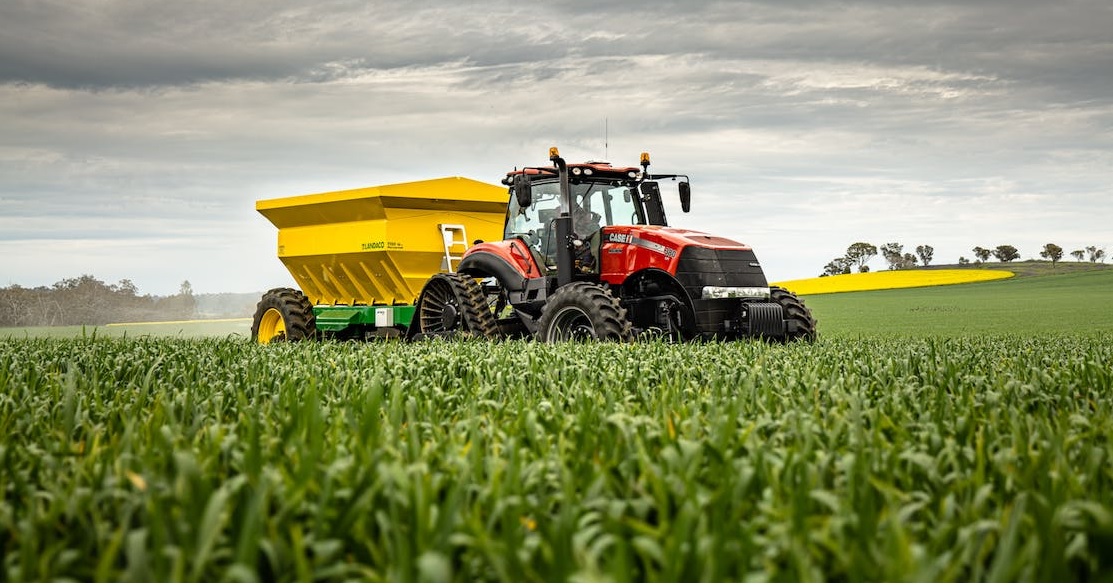Promoting Self-Sufficiency in Food Production in India: Strategies and Measures
Introduction:
Food security is a critical concern for any nation, and India, with its growing population and diverse dietary preferences, faces a unique challenge. To ensure a stable and sustainable food supply, the promotion of self-sufficiency in food production becomes paramount. This essay explores the various strategies and measures that India can adopt to achieve self-sufficiency in food production, enhancing food security and economic stability.
Challenges to Food Security:
- Population Growth: India’s population growth increases the demand for food, necessitating higher production.
- Changing Dietary Patterns: As incomes rise, dietary preferences shift towards higher-value foods, putting pressure on production systems.
- Climate Change: Erratic weather patterns, droughts, and floods can disrupt agricultural output.
Measures to Promote Self-Sufficiency:
- Investment in Agriculture:
- Technological Advancements: Research and development in agriculture lead to improved crop varieties and practices.
- Irrigation Facilities: Expanding irrigation infrastructure ensures consistent water availability for crops.
- Farm Mechanization: Modern machinery enhances productivity and reduces dependence on manual labor.
- Crop Diversification:
- Introduce New Crops: Cultivating a variety of crops reduces dependence on a few staple crops, minimizing risks.
- Commercial Crops: Promoting commercial crops can boost farmers’ income and overall agricultural growth.
- Support for Small Farmers:
- Access to Credit: Providing easy and affordable credit facilities enables small farmers to invest in their land and equipment.
- Insurance Schemes: Crop insurance safeguards farmers against losses due to natural disasters or crop failure.
- Reviving Traditional Practices:
- Organic Farming: Promoting organic farming practices reduces dependence on chemical inputs and enhances soil health.
- Local Varieties: Preserving and cultivating indigenous crop varieties can enhance resilience to local conditions.
- Strengthening Market Linkages:
- Supply Chain Infrastructure: Developing efficient storage and transportation facilities prevents post-harvest losses.
- Market Access: Ensuring easy access to markets enables farmers to sell their produce at fair prices.
- Promoting Agroforestry:
- Tree Plantations: Integrating trees with crops diversifies income sources and helps in soil conservation.
- Water Management:
- Rainwater Harvesting: Collecting rainwater for irrigation reduces dependency on groundwater.
- Drip Irrigation: Efficient water use through drip irrigation enhances crop yield and minimizes water wastage.
Government Initiatives:
- National Food Security Mission: A government program focused on increasing food production through yield-enhancing technologies.
- Pradhan Mantri Krishi Sinchayee Yojana: Aims to provide efficient irrigation solutions to farmers across India.
- Kisan Credit Card Scheme: Provides farmers with affordable credit for agricultural purposes.
Role of Technology and Innovation:
- Precision Agriculture: Utilizing technology for targeted application of resources optimizes crop yield.
- Genetic Engineering: Developing genetically modified crops with increased yield and pest resistance.
Benefits of Self-Sufficiency:
- Food Security: Dependence on imports reduces vulnerability to global supply chain disruptions.
- Economic Stability: Improved agricultural productivity contributes to economic growth and rural development.
Challenges and Considerations:
- Resource Constraints: Limited land and water resources can hinder efforts towards self-sufficiency.
- Climate Uncertainty: Erratic weather patterns due to climate change pose a challenge to consistent production.
Conclusion:
Promoting self-sufficiency in food production is a multi-faceted endeavor requiring the concerted efforts of government, farmers, and various stakeholders. By investing in agriculture, adopting innovative practices, and strengthening support systems, India can secure its food supply, enhance food security, and contribute to the overall welfare of its citizens. Achieving self-sufficiency not only ensures food availability but also empowers farmers and fosters a more resilient and sustainable agricultural sector.

